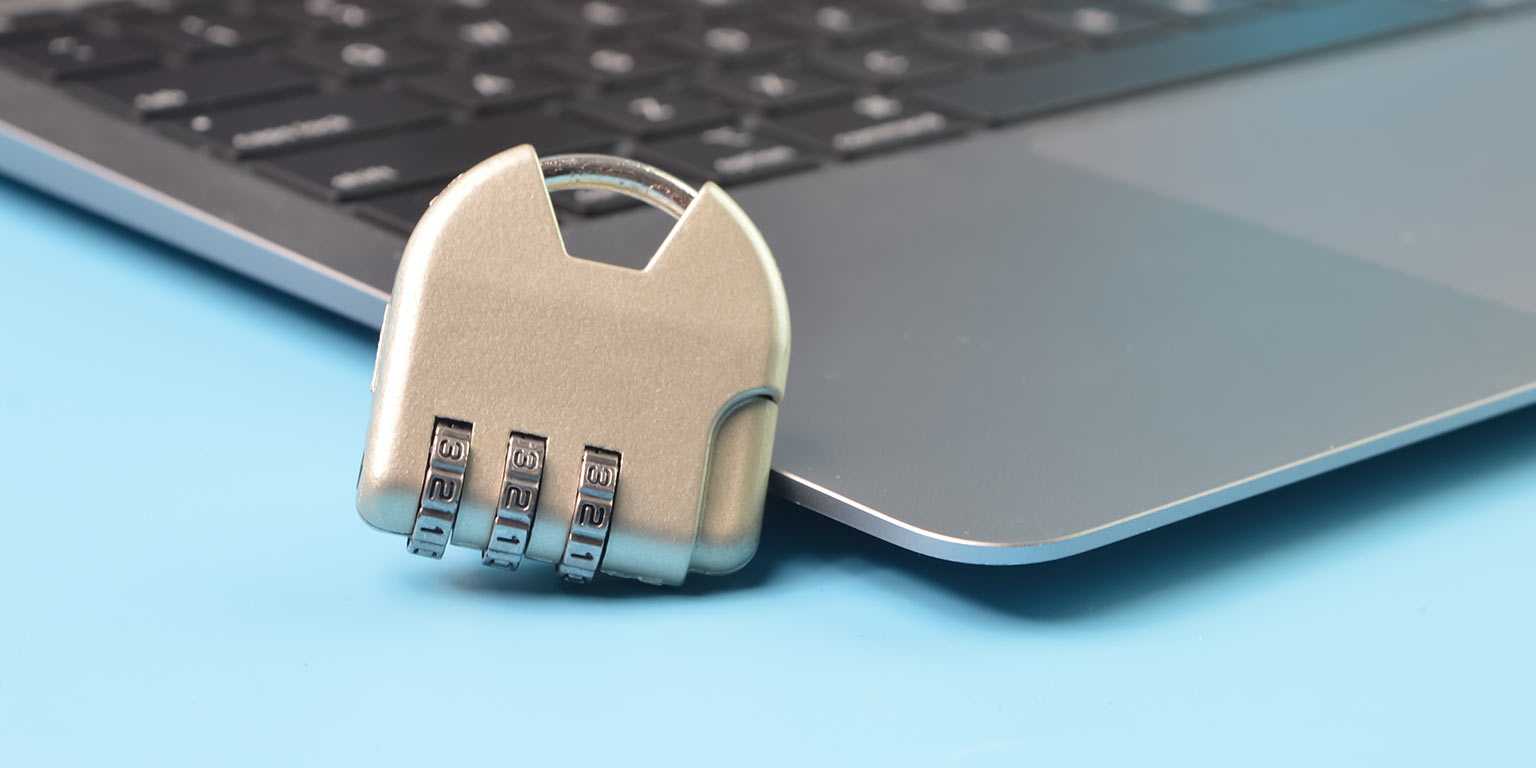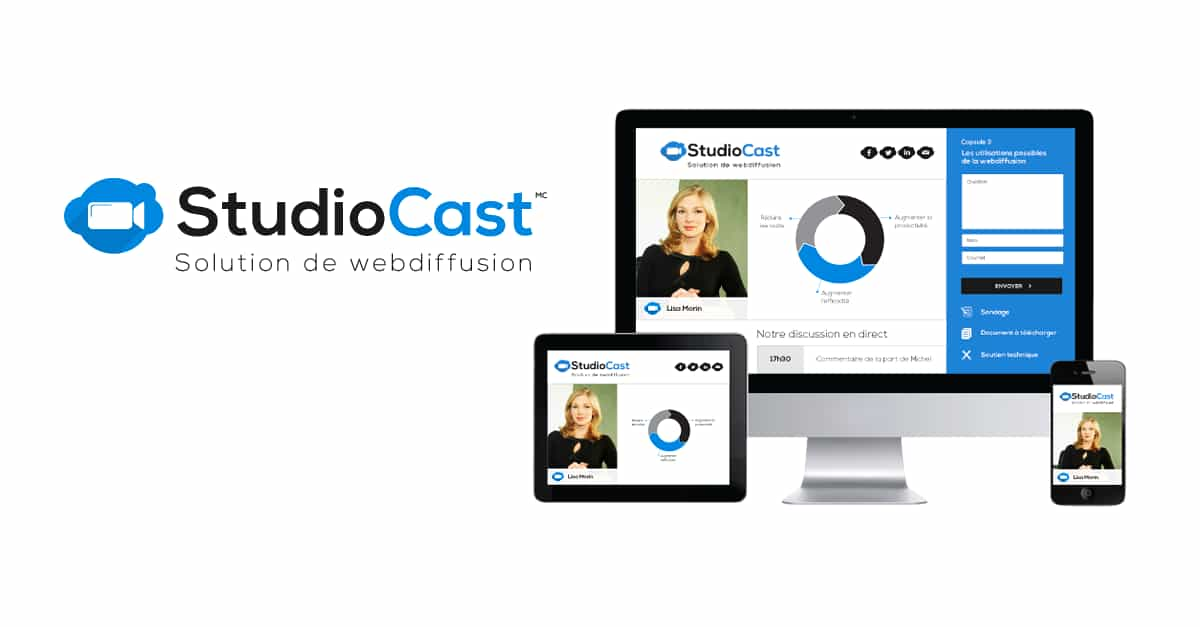Webinars have become an indispensable tool for knowledge sharing and professional online meetings.
As the popularity of webinars continues to soar, securing the data exchanged during these virtual events has become a paramount concern.
Understanding and implementing data protection for webinars is essential to ensure the safety and confidentiality of the shared information.
In this article, we'll explore crucial strategies and best practices to secure personal and professional data during your webinars.
From choosing a secure platform to managing post-event data, and implementing live security techniques, it's time to take control of your digital security.
| Jump To : |
Fundamentals of Data Protection for Webinars

Data privacy isn't just a legal requirement – it's a crucial component of digital trust between businesses and their audience.
Within the European Union, the General Data Protection Regulation (GDPR) establishes a strict framework for collecting, storing, and using personal data.
However, beyond regulatory aspects, data breaches and cyberattacks can damage your reputation and have severe financial consequences.
Example: Remember (or not) the Desjardins data breach scandal in 2019?
Legal Framework for Data Protection
Every webinar organizer must be aware of the laws and regulations concerning data protection.
While the GDPR is an undeniable example, other local or international laws may apply.
Take the time to understand your legal obligations to avoid substantial penalties.
Assessing Data Security Risks
When planning your webinar, a risk assessment is essential.
It will help you identify potential vulnerabilities and implement appropriate protection measures.
Risks may include:
- Unauthorized access: Intrusion of unwanted participants who could listen or record the proceedings
- Data leaks: Accidental or malicious disclosure of confidential information
- Cyberattacks: Exposure to malware or phishing attempts
With proper planning and preparation, you can mitigate these risks and ensure a secure webinar experience for all participants.
Planning a Secure Webinar
One of the keys to data protection for webinars lies in carefully selecting a reliable platform.
Exercising due diligence by examining your options is an essential first step.
Choosing a Secure Webinar Platform

Look for platforms offering secure architecture by default, including end-to-end encryption, robust session password creation, and a transparent privacy policy.
Before committing, ask specific questions about how your data will be managed and protected.
Essential Privacy Settings
Once you've chosen a platform, pay close attention to privacy settings before launching your event.
Here are some essential elements to check:
- Registration settings: Ensure that the information collected during registration is minimal and relevant.
- Guest control: Define who can participate and how participants can interact during the webinar.
- Screen-sharing options: Configure settings to limit screen sharing to designated presenters only.
Informed Consent from Participants
It's vital to obtain consent from participants to collect and use their data.
Ensuring that participants understand what they're consenting to is essential when it comes to data protection.
This involves:
- Clearly informing them about how the collected data will be used
- Offering the ability to withdraw consent at any time
- Documenting this consent in a verifiable manner
Taking these precautions is not only compliant with the law but also reinforces users' trust in your brand.
Techniques to Secure Data During a Webinar

Protecting your webinar begins with strict control over who can access it.
Access Management
Use robust passwords and consider additional verification procedures like two-factor authentication (2FA) or multi-factor authentication (MFA).
Popular examples of 2FA methods include:
- SMS or voice call: You receive a unique code via SMS or voice call on your registered phone number, which you enter to log in.
- Authentication apps: Apps like Google Authenticator, Authy, or Microsoft Authenticator generate temporary codes that expire quickly. You use the app to retrieve the required code for login.
Limit webinar access to invited individuals only and consider implementing virtual waiting rooms for better entrance control.
Secure Communication
Ensure that communication during the webinar is encrypted, meaning that what's said between organizers and participants cannot be eavesdropped on or hacked.
If necessary, recommend the use of VPNs (Virtual Private Networks) for participants connecting from unsecured networks.
Active Moderation
Effective moderation can greatly contribute to the security of your webinar.
Establish clear rules on what should or should not be shared, and remain vigilant for behaviours that could compromise data protection, such as the unauthorized sharing of sensitive information.
"Ask us how the team of experts at PQM.net can assist you with all of this!
Post-Webinar Measures to Protect Data
The end of your webinar doesn't signify the end of your data protection responsibilities.
Securely managing and storing collected data post-event is just as important.
Secure Storage of Recordings
If you record your webinar, these files must be stored securely.
Opt for solutions that ensure data encryption during storage and apply access controls to limit who can view or download the recordings.
Participant Data Management
After the event, you may have personal data to manage.
Ensure you only keep what's necessary and securely destroy any superfluous information.
Also, inform participants about how their data will be used in the future.
Potential Data Breaches
Establish a clear protocol to respond promptly to any potential data breaches.
This includes notifying affected parties and taking corrective measures to prevent future violations.
Data protection doesn't stop when the lights go out – it must be an ongoing consideration embedded in your business processes.
Best Practices for Data Protection by Webinar Providers

When it comes to data security, webinar service providers also bear responsibility.
They must be able to ensure optimal protection through their platforms.
Selecting a Secure Provider
Key criteria for choosing a secure webinar service provider:
- Compliance with security standards: The provider must adhere to international data security standards.
- Secure infrastructure: The provider should demonstrate that they operate on infrastructure that protects against intrusion and data loss.
- Commitment to privacy protection: The provider must adopt a strict and transparent privacy policy that aligns with your compliance obligations.
Interactions with Providers
It's essential to ask specific questions about how the provider handles data protection.
Here are some examples:
- How is data encrypted?
- What is the policy in case of a data breach?
- Is assistance available for security issues?
The answers to these questions will allow you to evaluate whether the provider's security level is adequate for your needs.
Consequences of Poor Data Management
Here are some headlines that have made news in Quebec and Canada:
- In 2019, the Desjardins data breach scandal
- Very recently in 2023: 100,000 people were affected by a data breach in Nova Scotia
- In Ontario, approximately 250,000 construction workers were victims of a data breach, again in 2023.
Unfortunately, the list could go on and on...
Tools and Resources for Enhancing Webinar Security
Numerous technologies and resources can help you strengthen the security of your webinars.
Use them to stay informed and protected.
Technological Tools:
- Consent management solutions: Ideal for collecting and managing consents compliantly and verifiably.
- Secure storage services: To protect your webinar recordings.
- VPNs and encryption tools: To further secure connections during your webinars.To learn more about what PQM.net can do for you for data security on your webinars, come chat with us!
To learn more about what PQM.net can do for you for data protection for webinars, come chat with us!
Prenez le temps de faire vos recherches et de vous préparer – la sécurité de vos données en dépend.
Avec une mise en œuvre diligente de ces conseils, vous serez en mesure de mener des webinaires non seulement performants, mais aussi sécurisés, préservant la confiance de vos participants.
Restez vigilants et continuez à vous former pour toujours être à l'affût des meilleures pratiques de sécurité.
FAQs on Data Protection for Webinars
To complement our advice, we'll address some frequently asked questions about data protection for webinars.
What are the consequences of poor data management in a webinar?
Inadequate management can lead to sensitive information leaks, participants' privacy violations, and potentially severe regulatory fines.
It can also damage your company's reputation, resulting in a loss of trust from your audience and business partners.
How can you involve participants in protecting their data?
Inform participants about the security measures in place and advise them on good practices to adopt, such as using the latest security updates for their systems and connecting from secure networks.
Is it necessary to have a dedicated person manage data security during a webinar?
This depends on the size and nature of the webinar.
For major events involving sensitive data, an IT security expert may be indispensable to monitoring and managing risks in real time.
In Summary
Today, webinars are widespread, but compromising data security and protection is unacceptable.
Implementing a robust strategy to secure this data will help you preserve your brand's reputation and ensure a positive, secure experience for your participants.
Remember, data protection for webinars is a legal and ethical obligation that requires constant attention and effort.
With the advice and resources we've shared, you now possess the necessary tools to strengthen the security of your webinars and provide a trustworthy digital environment.
Recall this valuable information and put it into practice for your future webinars.
Data protection for webinars isn't just a puzzle – it's an opportunity to show your audience that you care about them.



